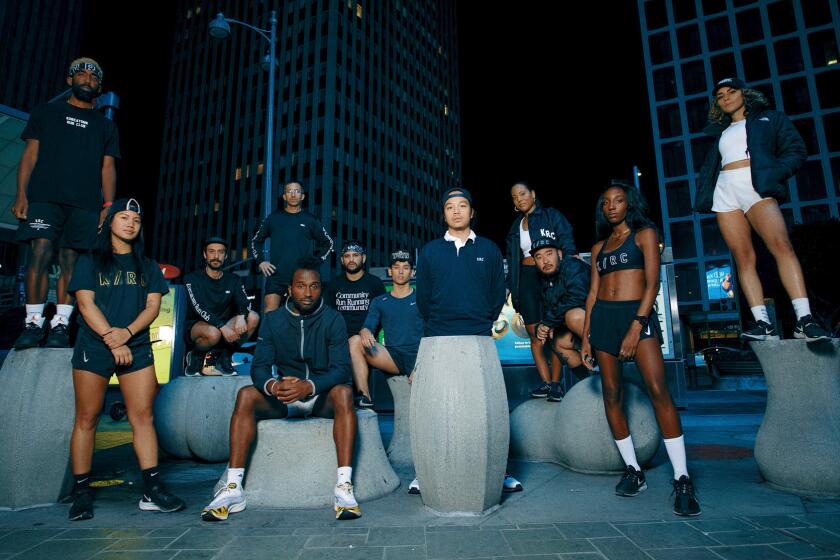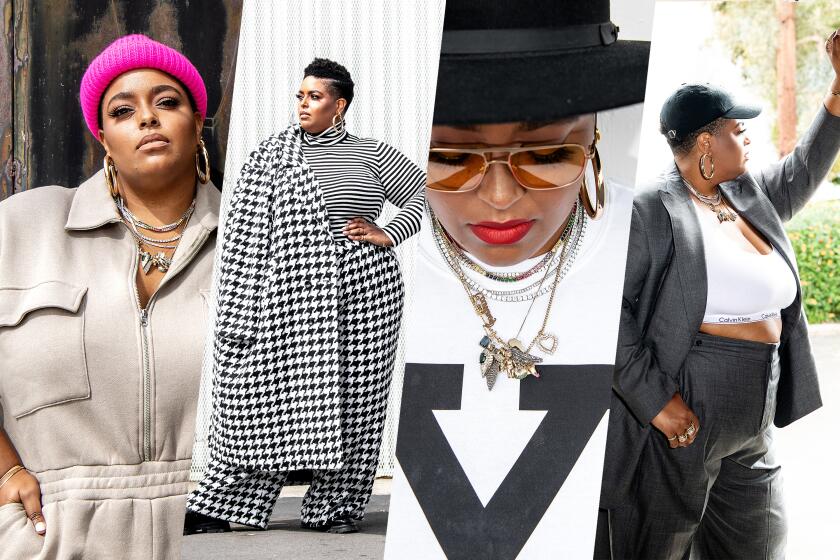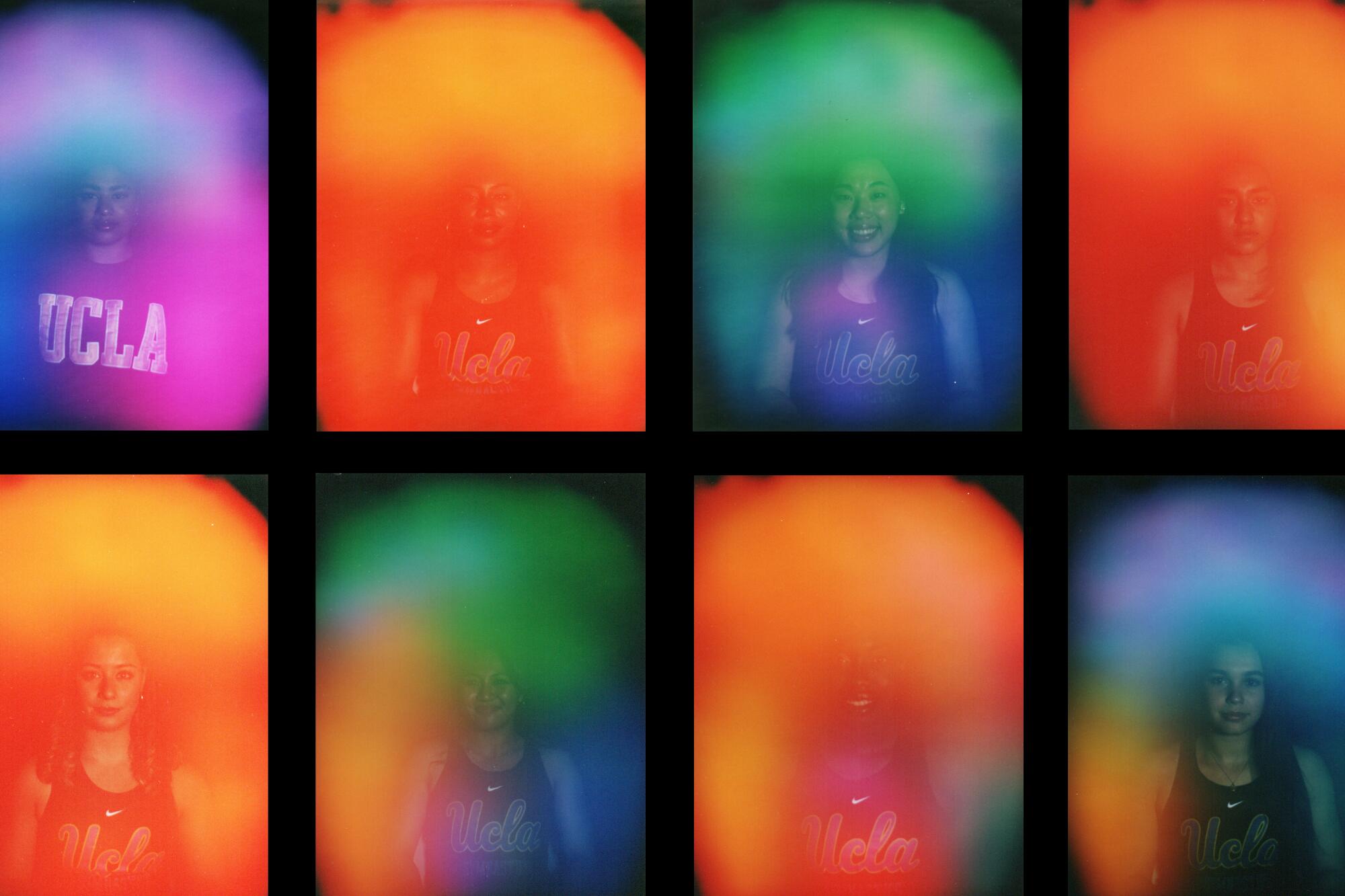
- Share via
This story is part of Image issue 6, “Energy,” an exploration what sports style feels like in the City of Champions. See the full package here.
I remember the first time I stood on a balance beam. I don’t recall how old I was or where I lived at the time. It’s like that when you spend your childhood moving from house to house, city to city, state to state. Sometimes the memories are difficult to locate. I can picture the gymnasium, monochromatic and dull. But that big, bright blue, square mat — it was the sun, as far as I was concerned. And the other apparatuses planets circling it.
I so badly wanted to be good at gymnastics. I was worse than mediocre when I stood on the beam, but it didn’t matter. Gymnastics was its own form of meditation. It required incredible, otherworldly strength, but it brokered in grace. It was one of my first examples of what’s possible when softness is not seen as in opposition to sharpness. To might.
I grew up in the ’90s, as American gymnasts rose to global dominance. Watching this ascent produced in me a craving for what I interpreted as absolute confidence. The gymnasts I saw on television projected a total trust of one’s own body — trust that it would propel them through the air, up and over the bars, the beam, the vault, and then deliver them home, safely back to Earth. It was less a desire for control and more a longing for the deeply ingrained faith that I imagined freedom required — to know that I would always, eventually, land on my feet. Dominique Dawes in particular gave me, a young Black girl, permission to write myself into these freedom fantasies.
In collegiate gymnastics, I would better learn the sport’s potential for infectious joy. In college arenas, athletes revel in themselves, excel for the sheer thrill of it, and they do so in their own contexts. On floor exercise, UCLA’s choreographic culture has come to represent this buoyancy. In 2020, Nia Dennis didn’t merely land powerful tumbling passes, she strutted out of them, to a soundtrack of Beyoncé’s tribute to Black America, her movements fluid and familiar to me. Margzetta Frazier performs gymnastics as theater, and Sekai Wright and Chae Campbell weave distinctly Black stories between tumbling passes. To me, as a spectator, the judges and their evaluations have felt, at times, utterly beside the point.
Image Energy stories
Koreatown Run Club knows what running style is all about
Jaime Jarrín does it for the love of Los Doyers
The women of UCLA gymnastics show us the energy they’re on, literally
Angela Manuel-Davis takes you to her church on wheels
Micah Fluellen remembers ‘White Men Can’t Jump’ on the courts of L.A.
These gymnasts cultivate something deeper than scores. Something more elevated. I’m reminded of the teachings of poet June Jordan. “Victory by obliteration of the self,” she wrote, “is not survival.” She was talking about the urgent need to preserve Black language, to make it visible all around us, like an aura. Gymnastics, at its best, is a translation of the essential. — Alexandria Neason
Ana Padurariu
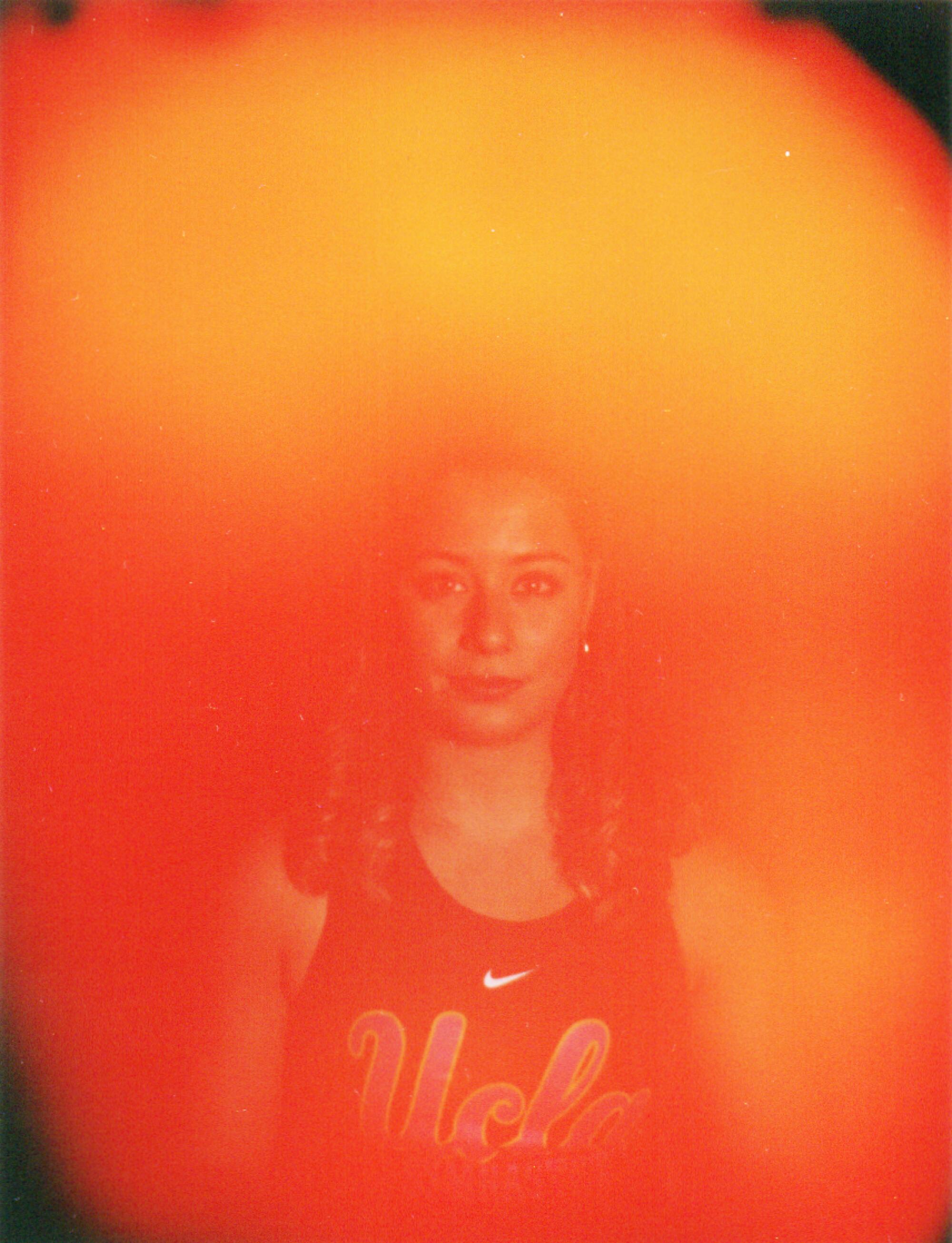
Chae Campbell
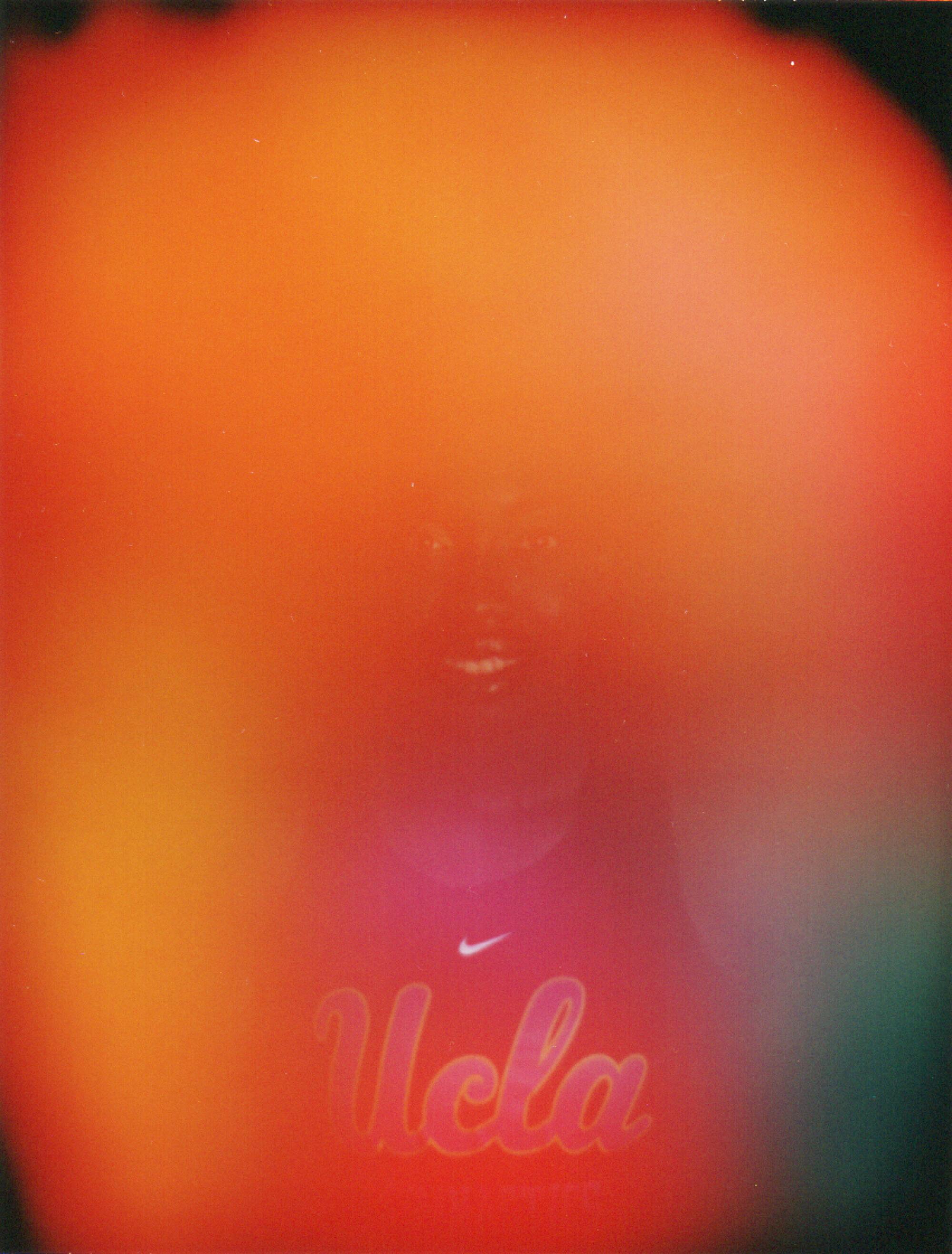
Brooklyn Moors
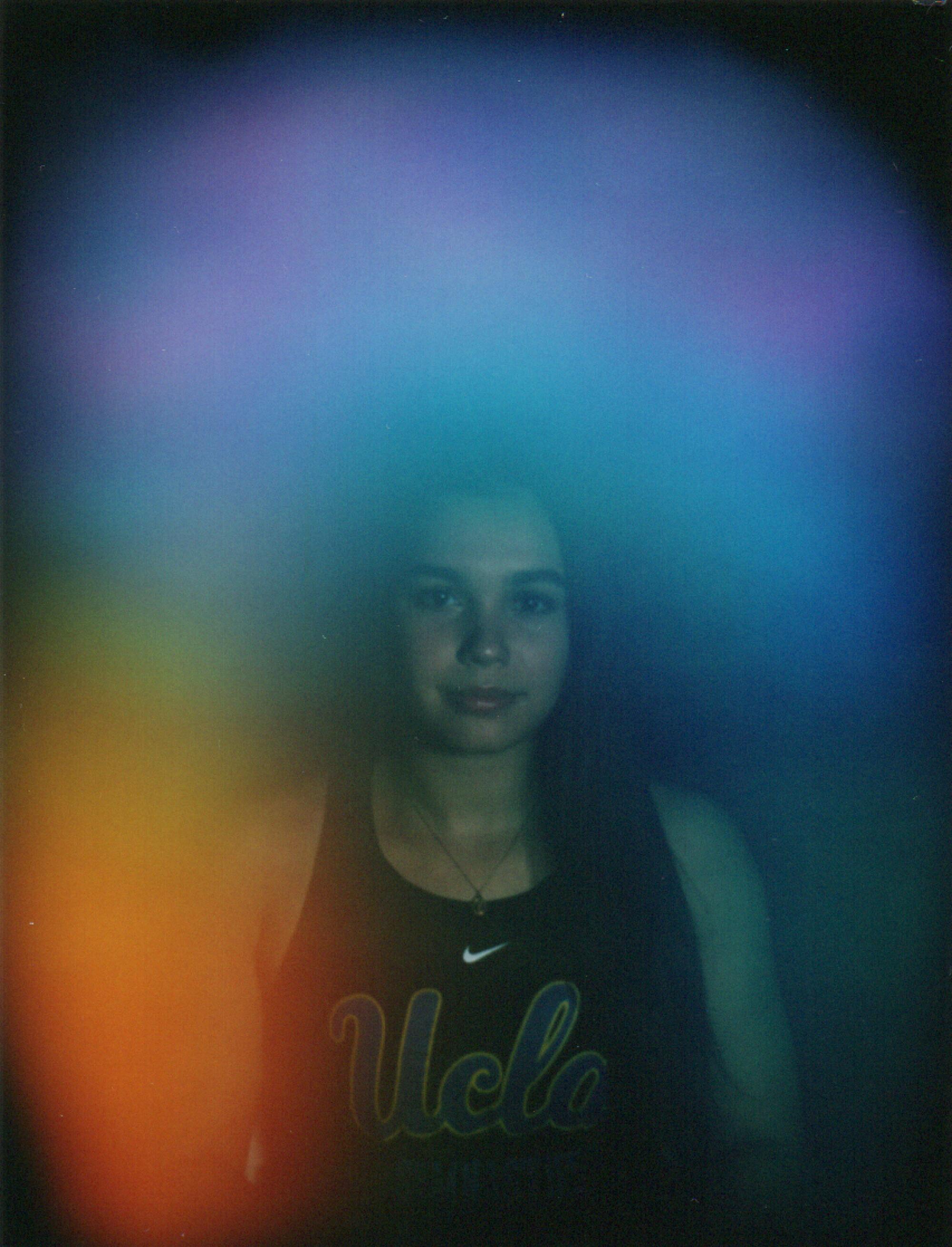
Emily Lee
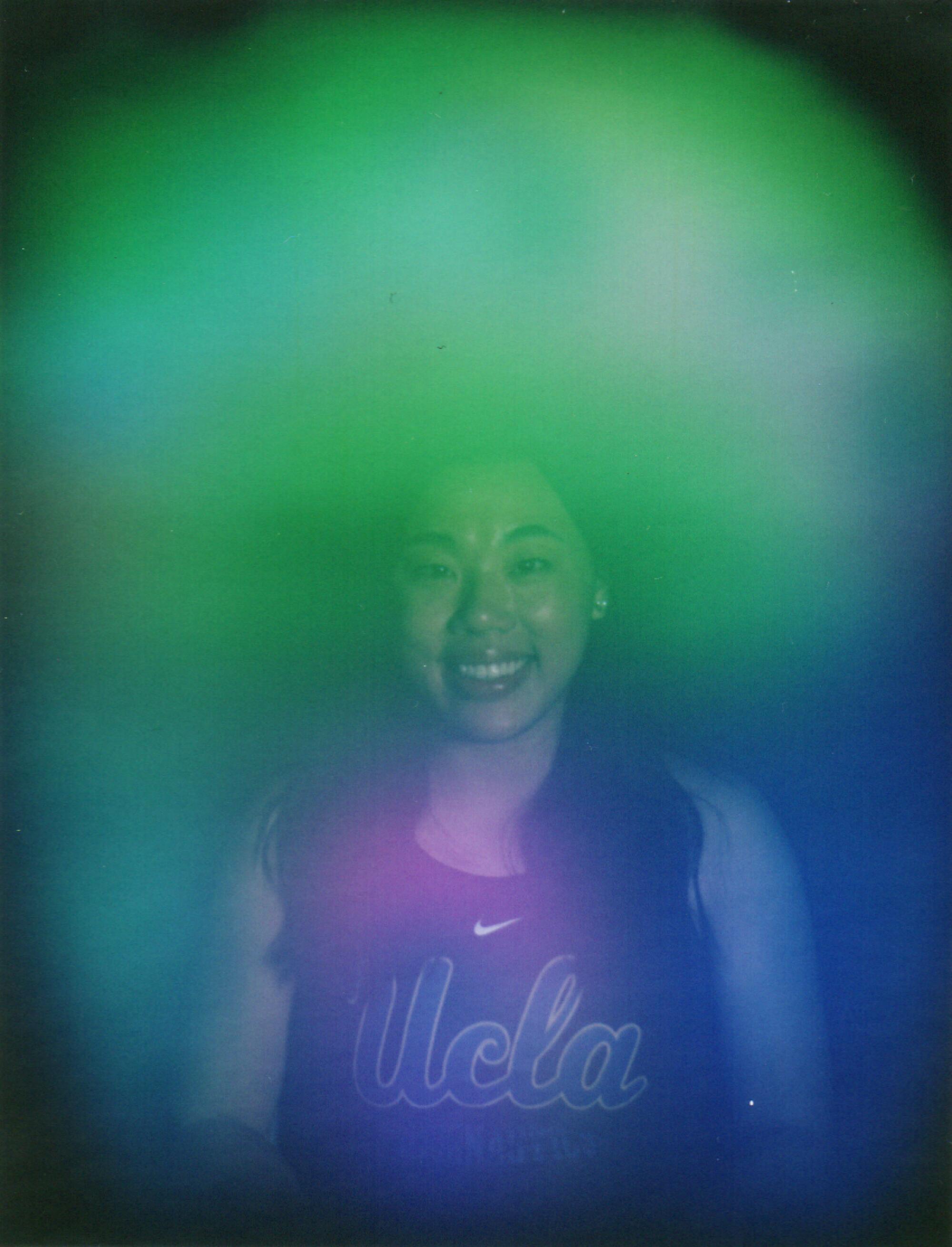
Chloe Lashbrooke
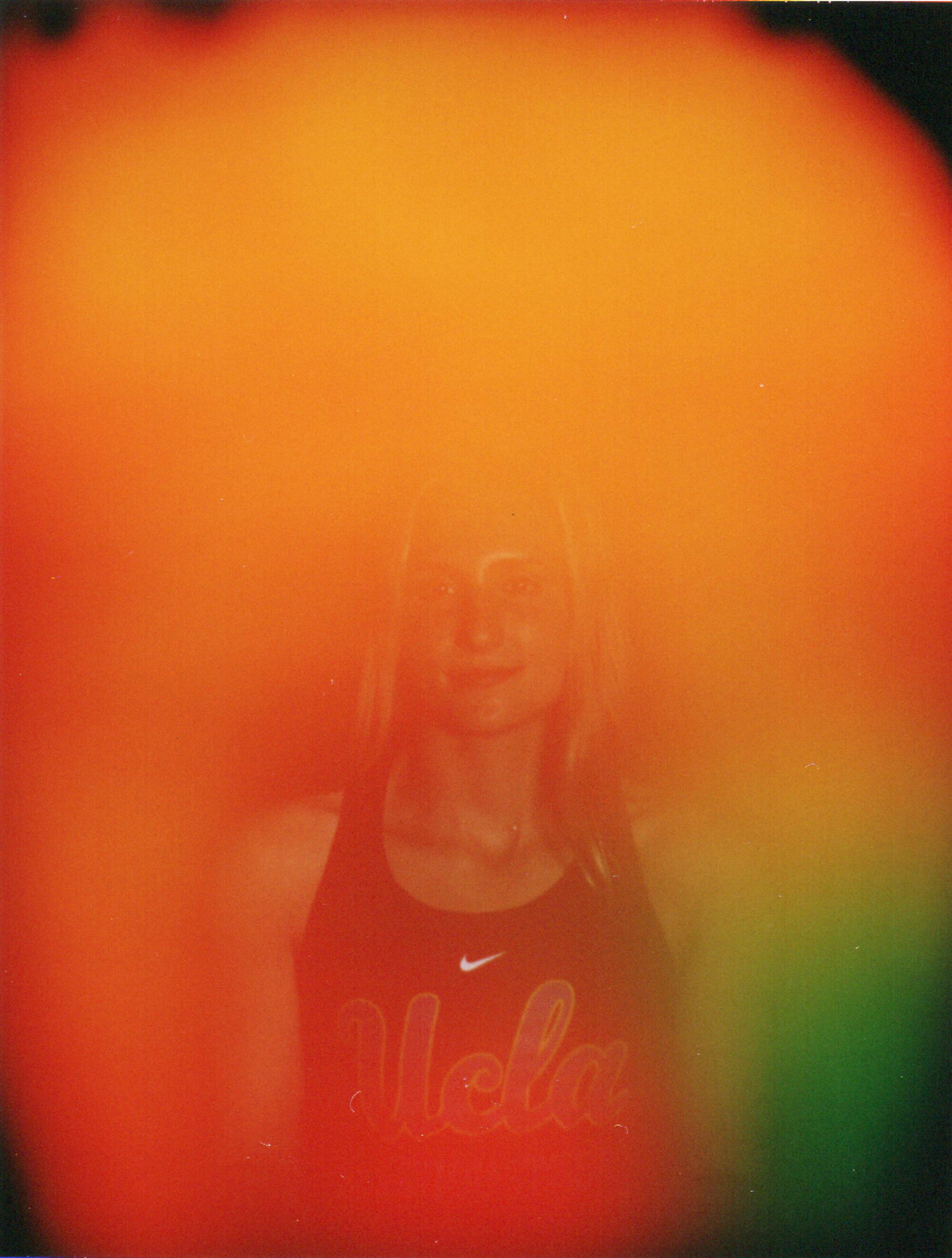
Emma Andres
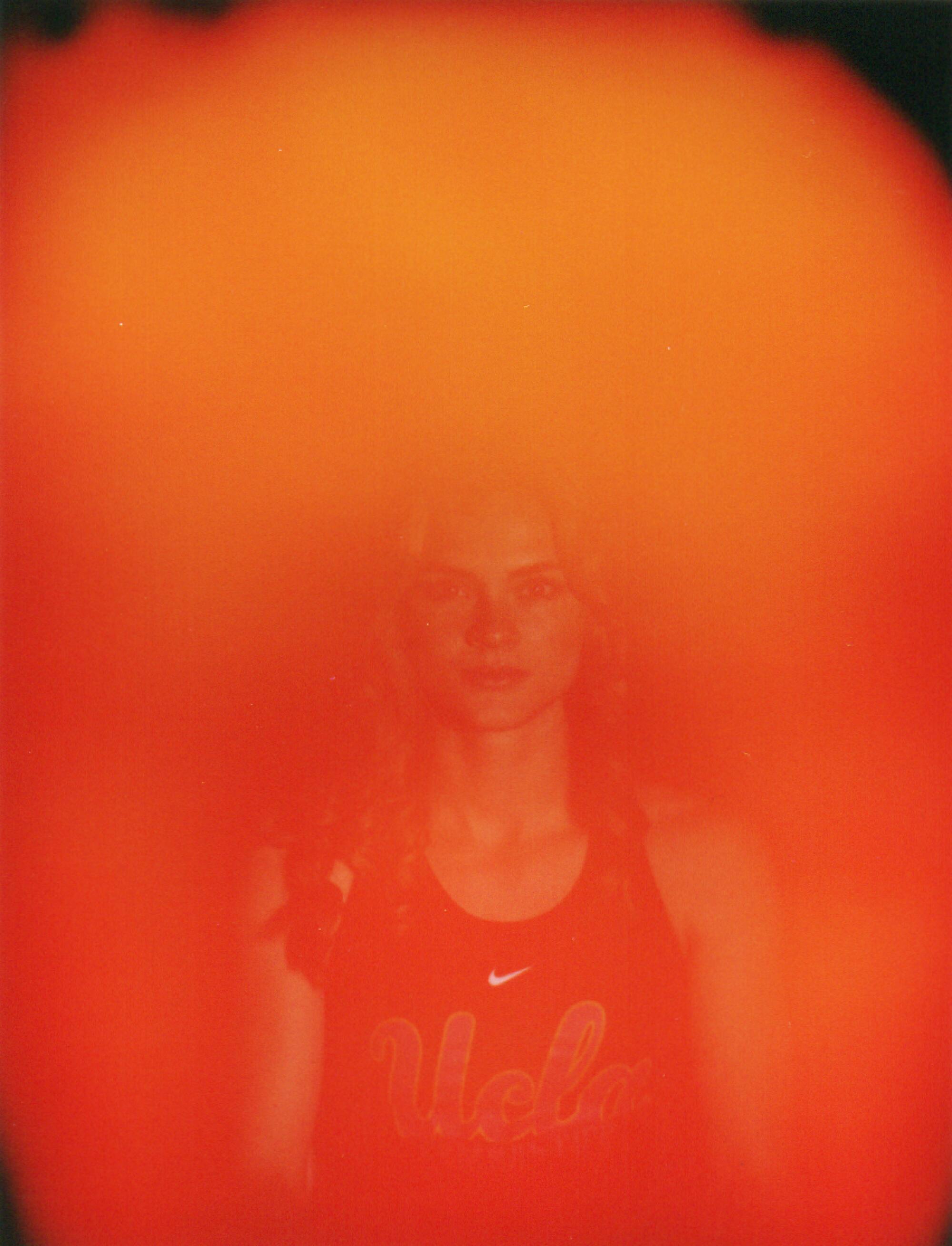
Emma Malabuyo
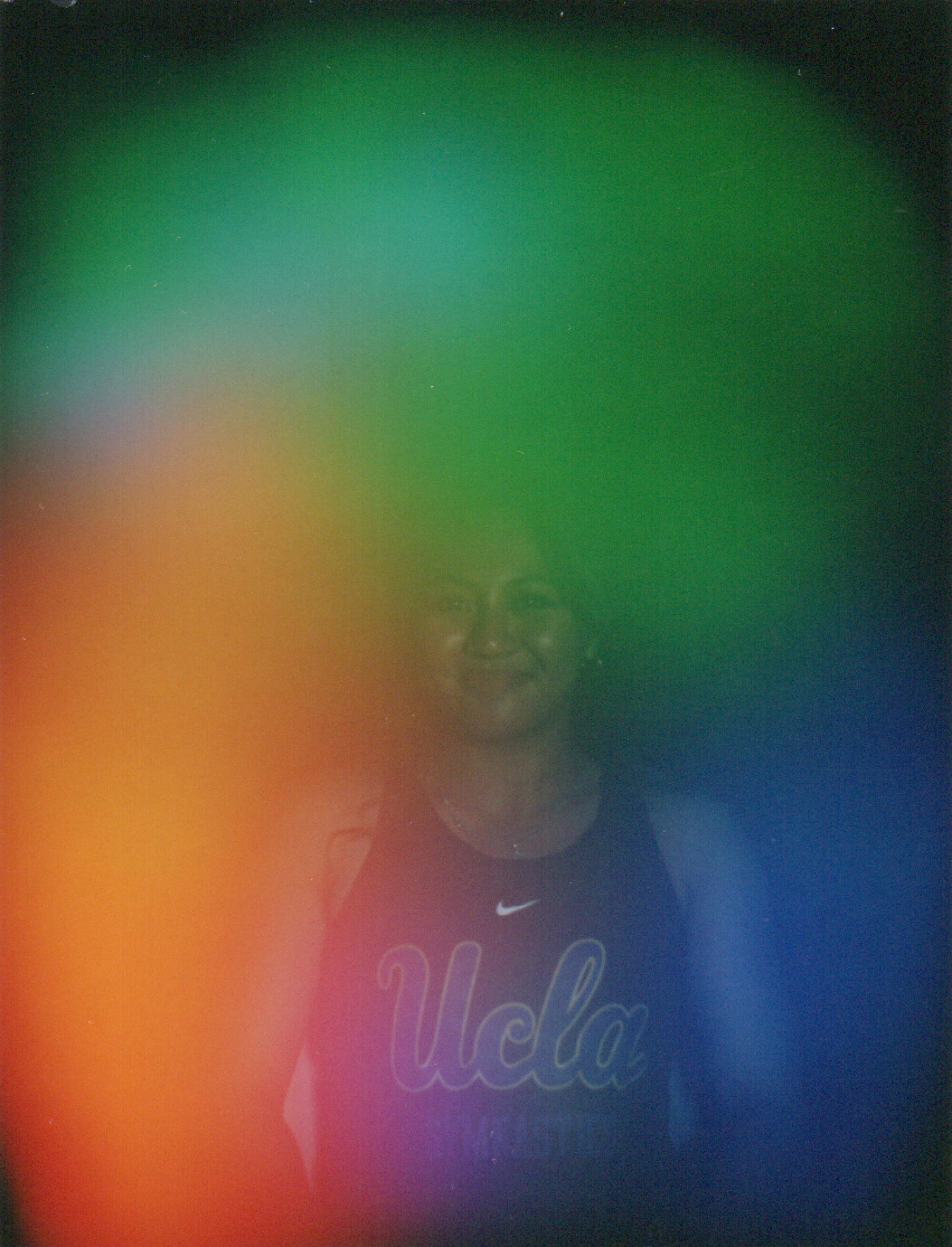
Frida Esparza
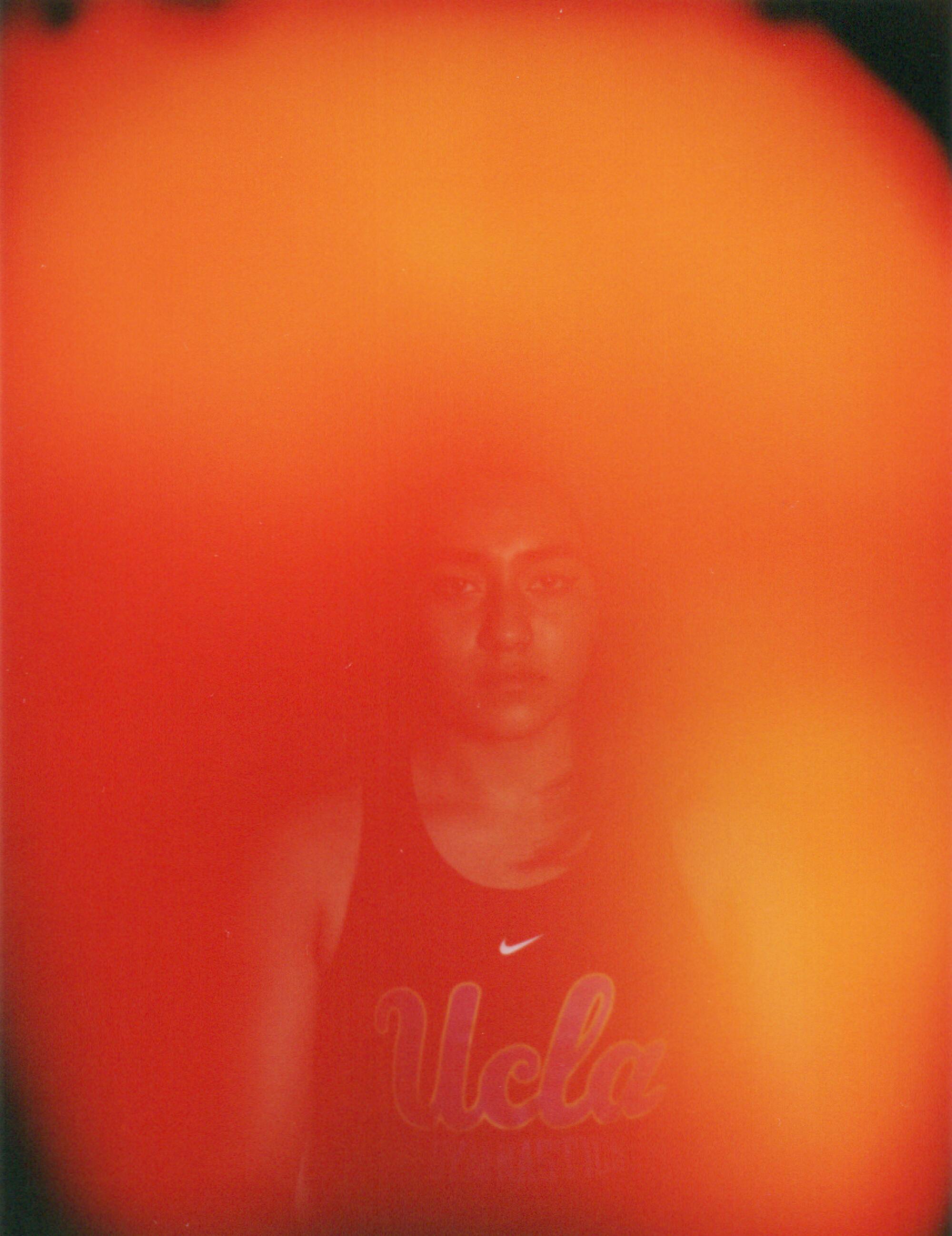
Kalyany Steele
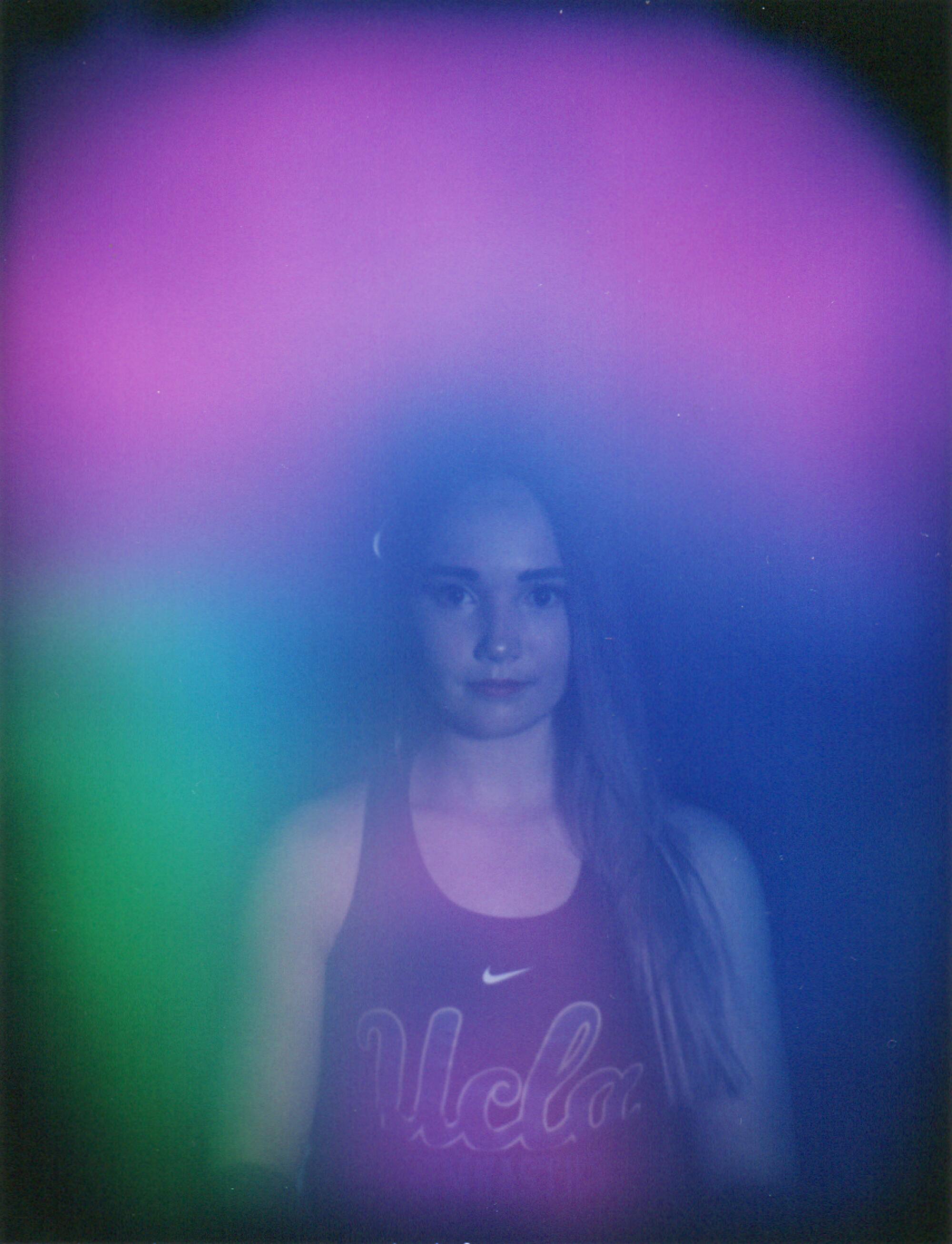
Katherine McNamara

Kendal Poston
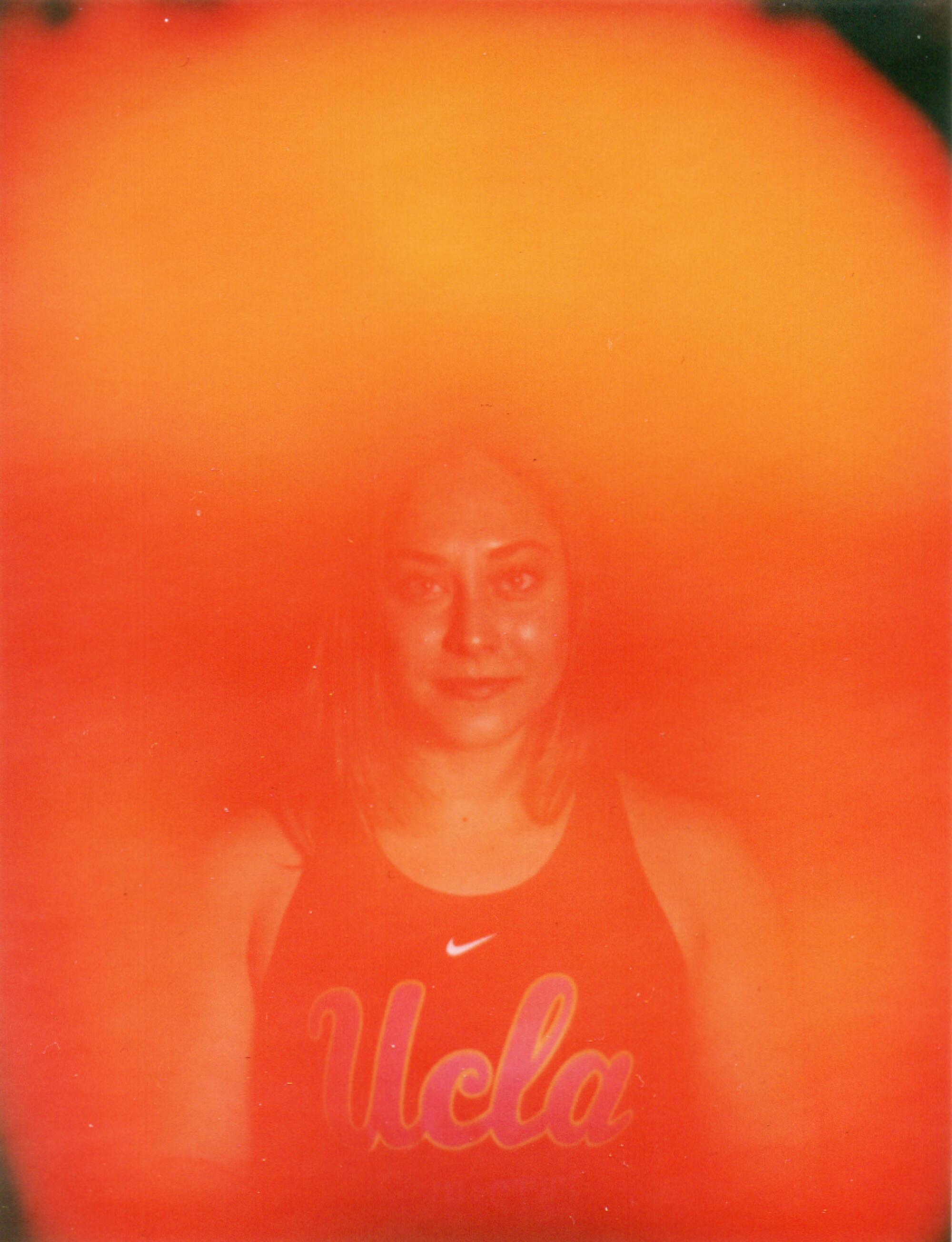
Margzetta Frazier
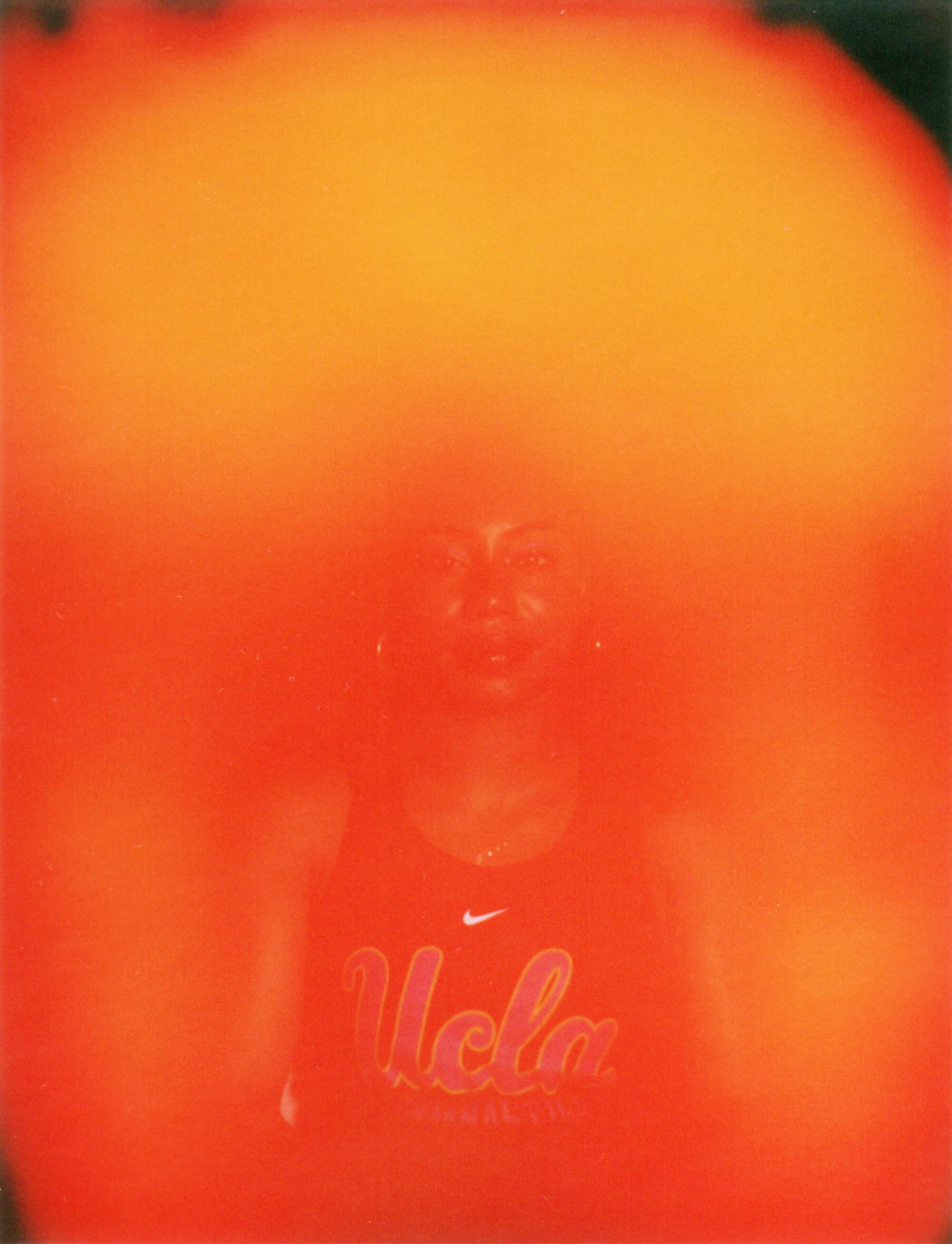
Mia Erdoes
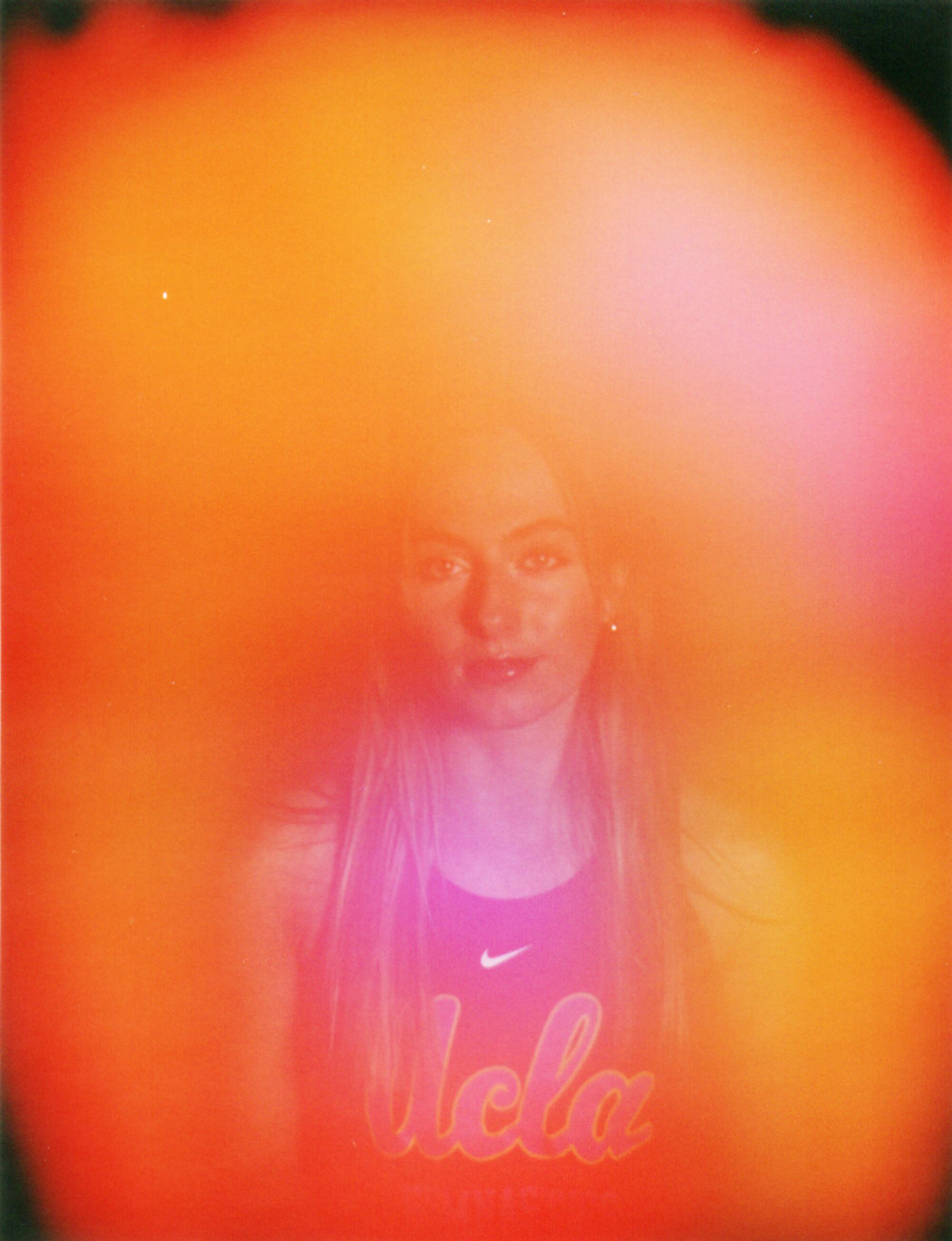
Norah Flatley
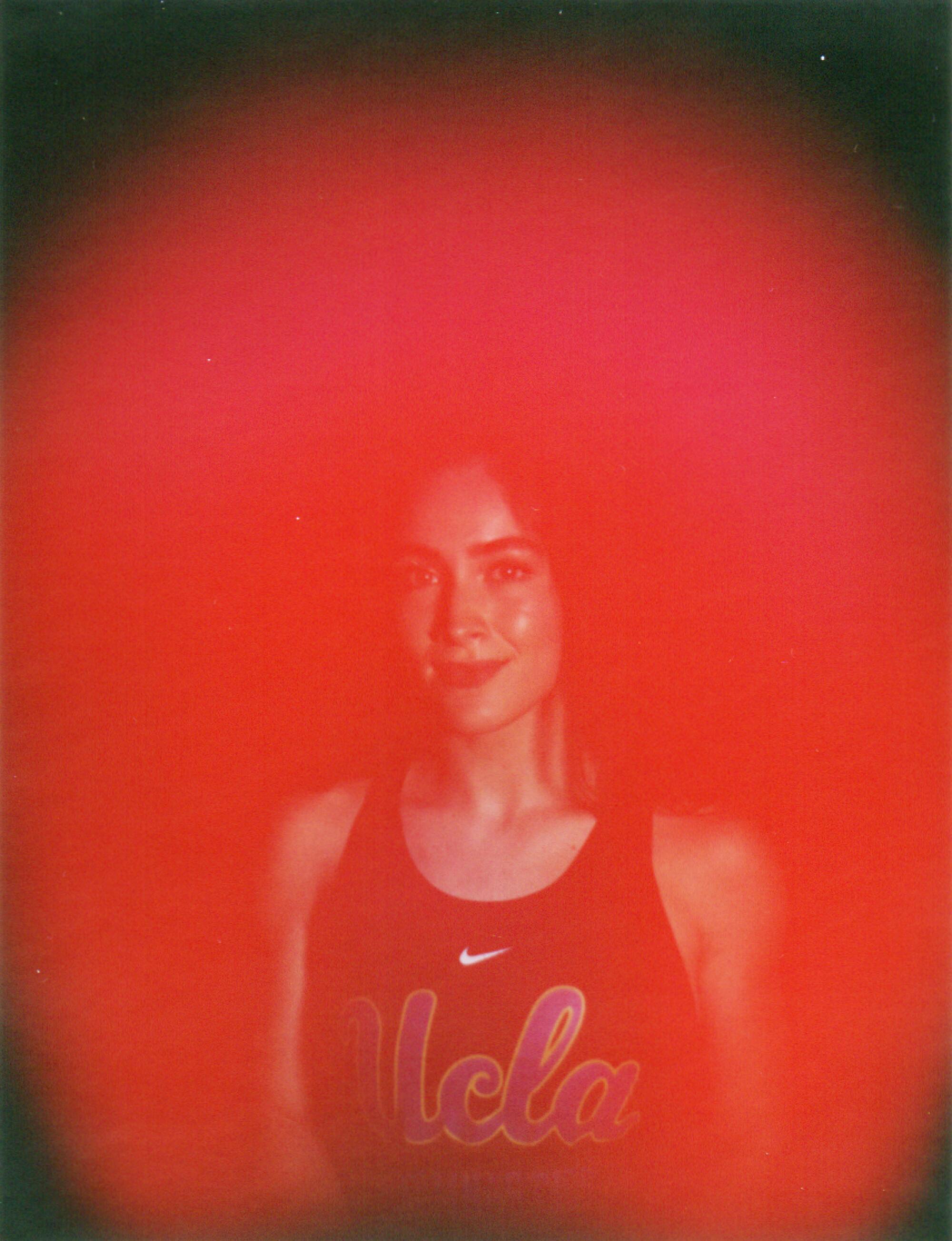
Paige Hogan
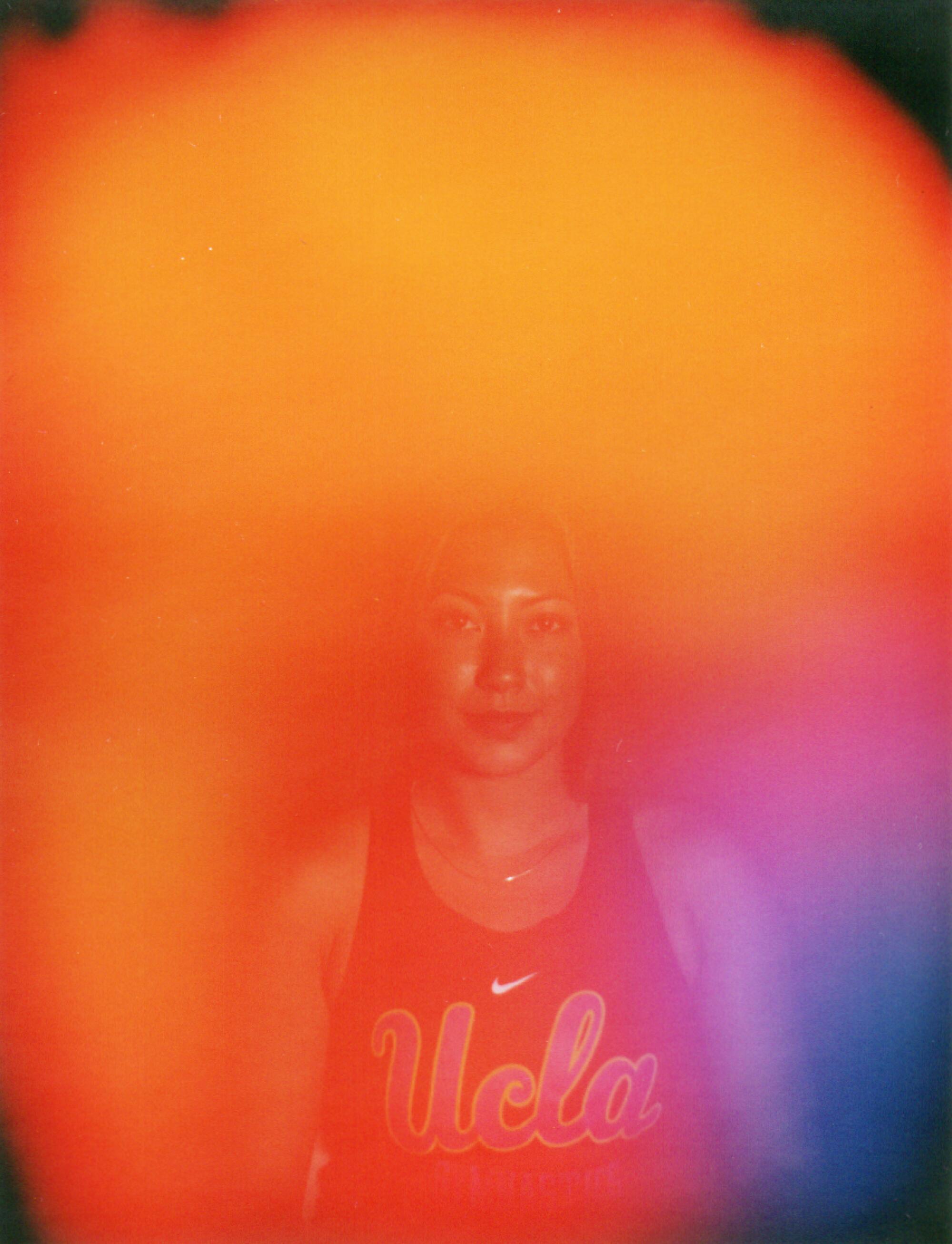
Pauline Tratz
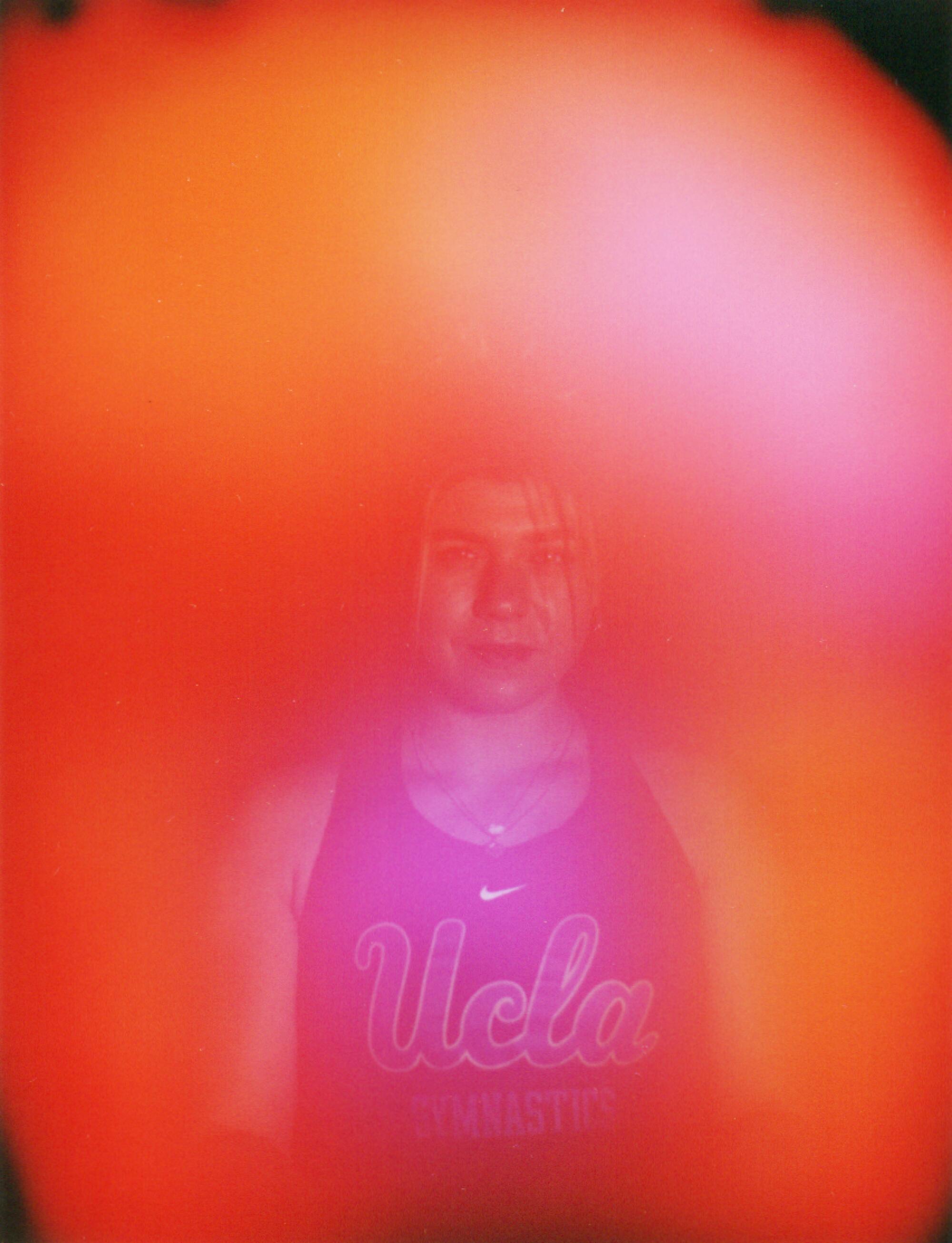
Samantha Sakti
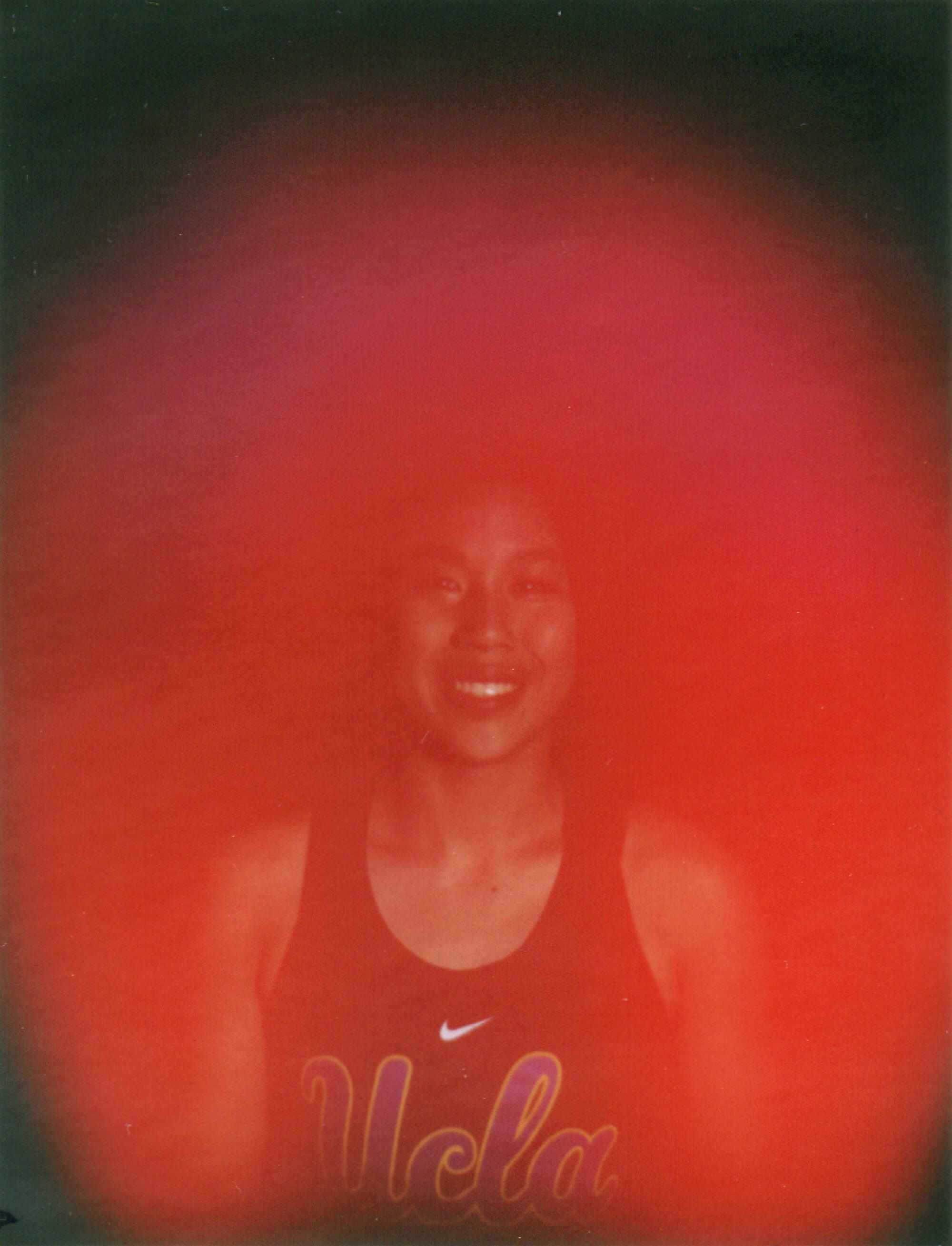
Sara Taubman
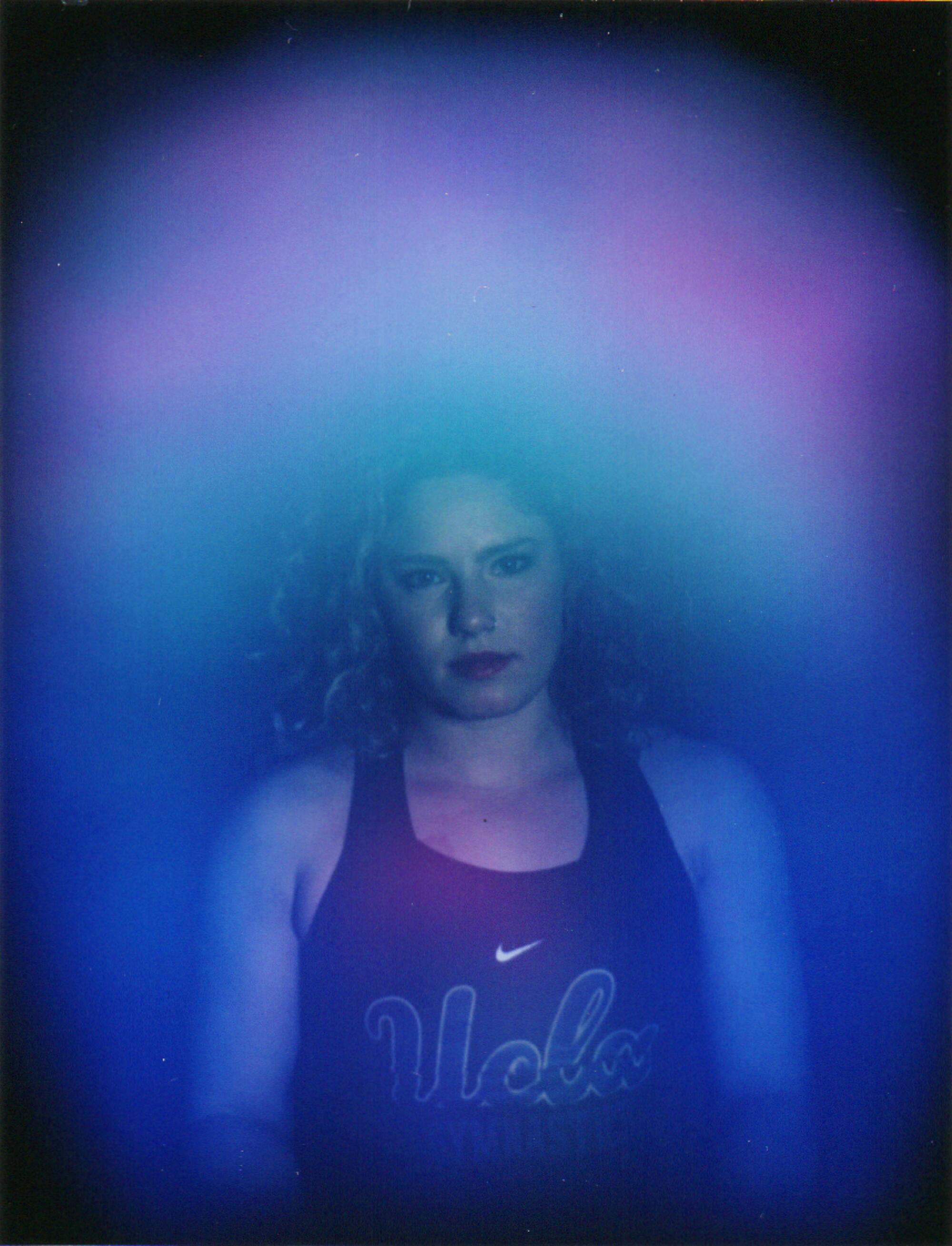
Sara Ulias
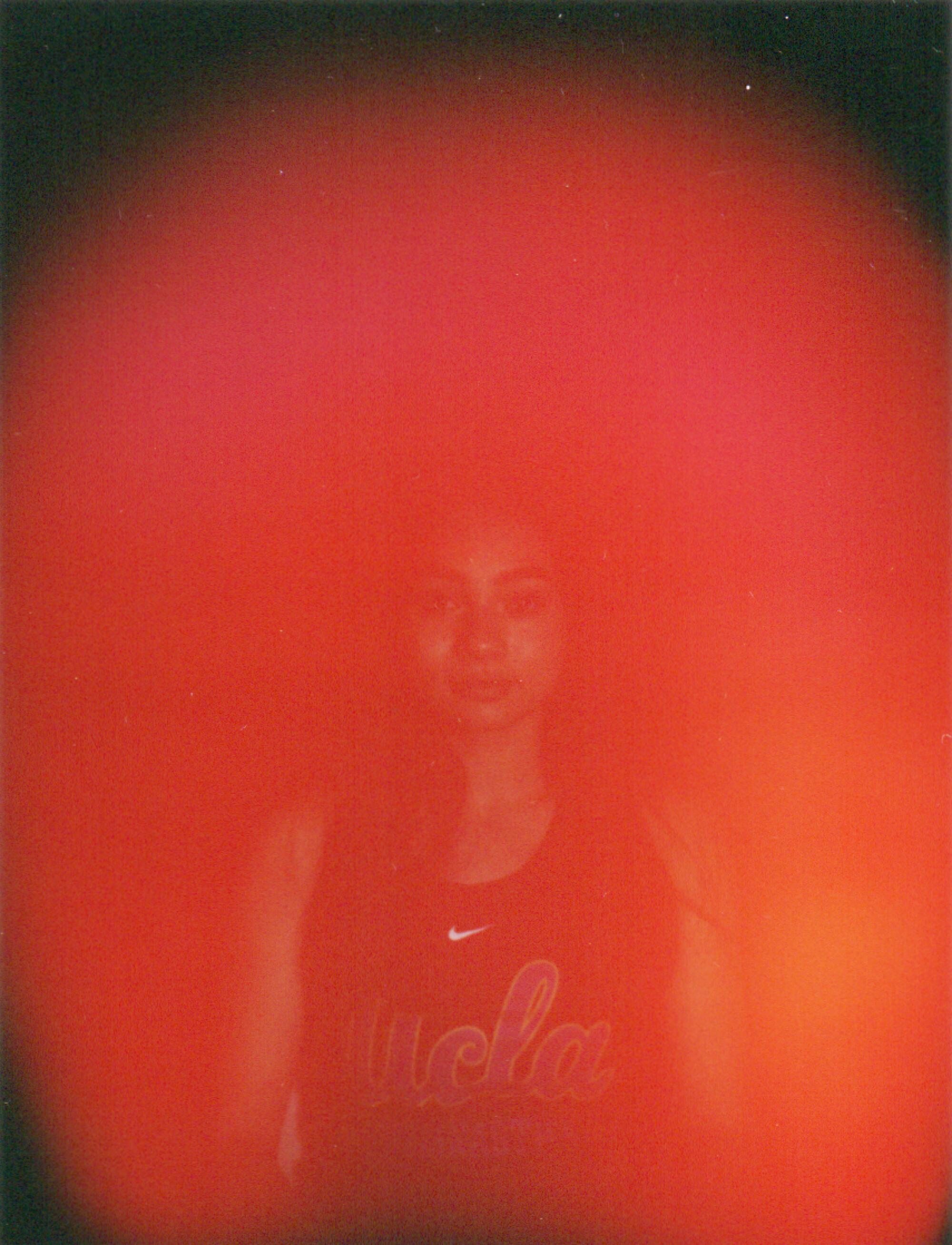
Sekai Wright
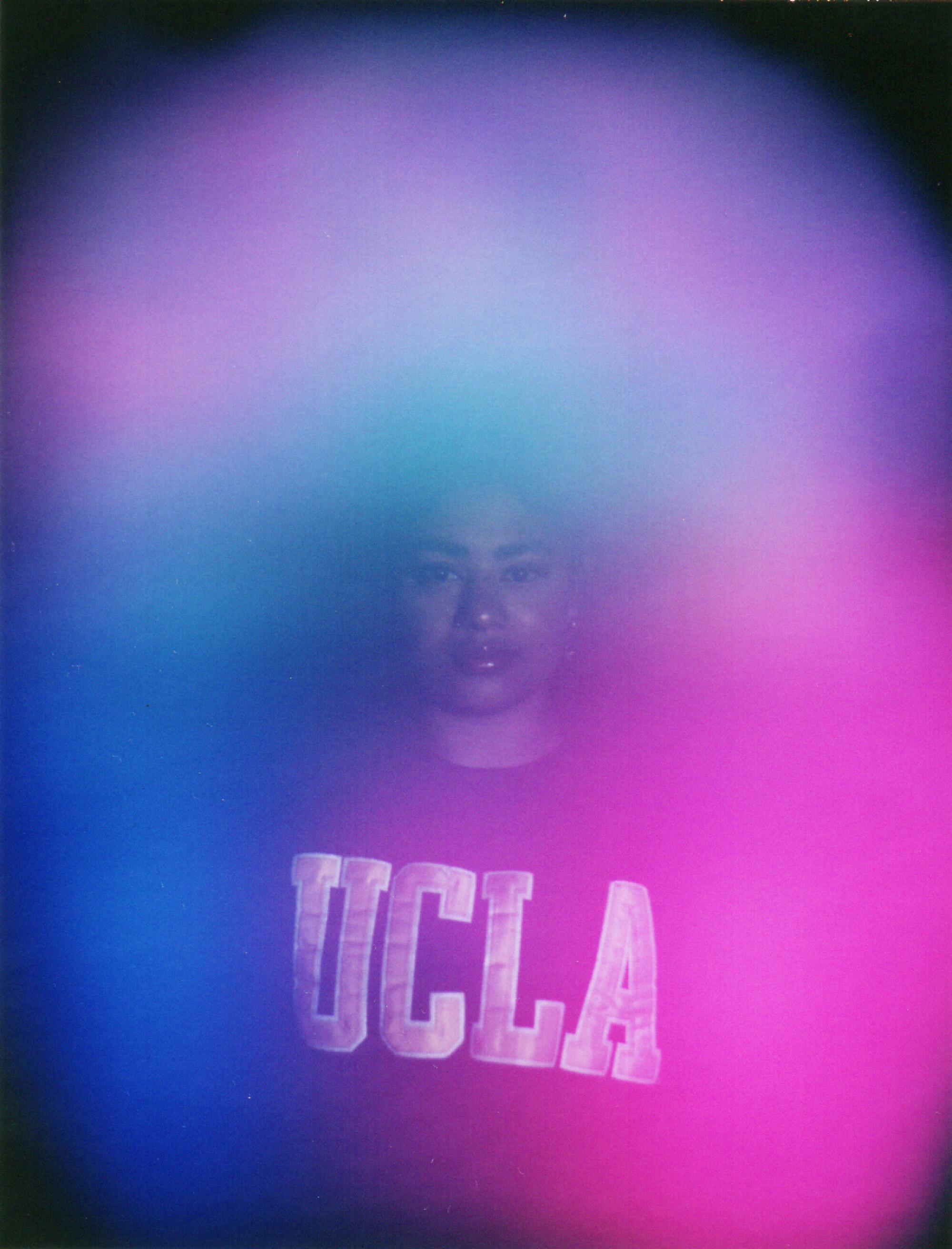
Alexandria Neason is an editor and producer at Radiolab.
